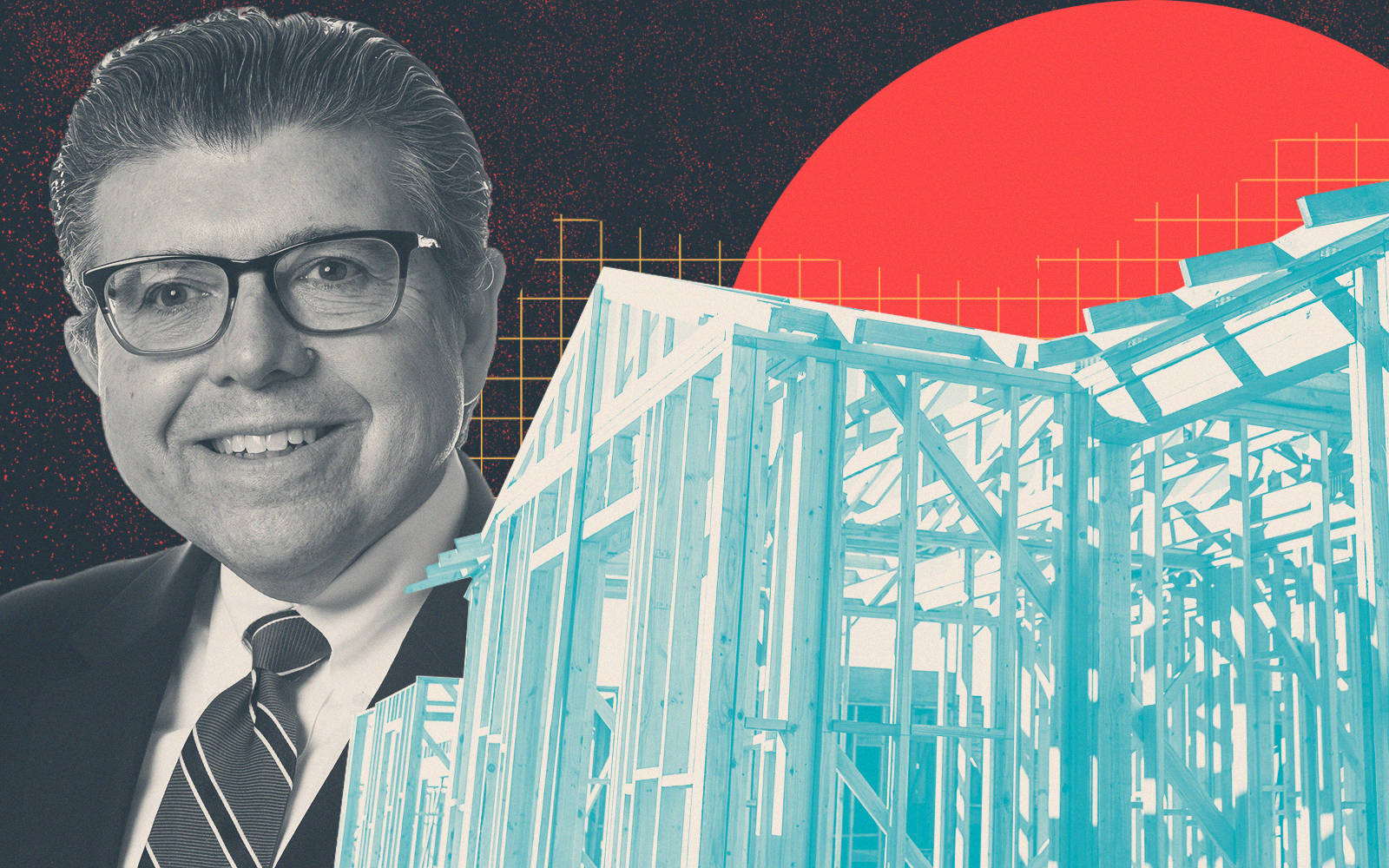A New Jersey developer is attempting to leverage the legal system and an affordable housing provision to override a borough’s opposition to a project.
CPC Aquista filed a builder’s remedy suit late last month against the borough of Leonia and its planning board, NorthJersey.com reported; in minutes from another township, CPC Aquista is identified as an affiliate of Linden-based Capodagli Property Company.
The lawsuit alleges Leonia hasn’t met its affordable housing obligations and the developer should therefore be able to build its multifamily project with an affordable housing component. The 120-unit project calls for the redevelopment of two homes at 256 and 266 Grand Avenue, which CPC is in contract to purchase. Fifteen percent of the units would be affordable.
Leonia is formulating its own plan to redevelop Grand Avenue and its surrounding area. The two properties in question are in Leonia’s plan, which was prepared by H2M. The plan calls for the sites to have age-restricted multifamily housing, but caps the height of buildings at three stories.
The properties in the redevelopment zone have not been condemned and therefore can’t be acquired by the borough through eminent domain.
In a joint statement, Leonia’s mayor and planning board chair said the developer was using the lawsuit as a way to force through its proposal. They added that CPC’s proposal was “an exponential overdevelopment and not at all in keeping with the character of the community.”
Going back to the 1970s, court decisions in the state have mandated municipalities to create a “fair share” of affordable housing and get approval from the government on an affordable housing plan. Following a ruling in 2015, towns have negotiated these plans with the Fair Share Housing Center before the state Supreme Court.
CPC’s lawsuit claims Leonia’s laws and master plan fail to create enough affordable housing units. The borough’s officials rebutted the claim, saying it has adopted affordable housing plans and that the borough has been certified twice “as having satisfied its affordable housing obligations.”
Read more


That point of contention is a key part of the lawsuit. Builder’s remedy is a legal provision that allows developers to bypass local zoning to boost a state’s affordable housing production. While it has existed in New Jersey for decades, it has become more prominent in the fight between developers and municipalities in California.
— Holden Walter-Warner
